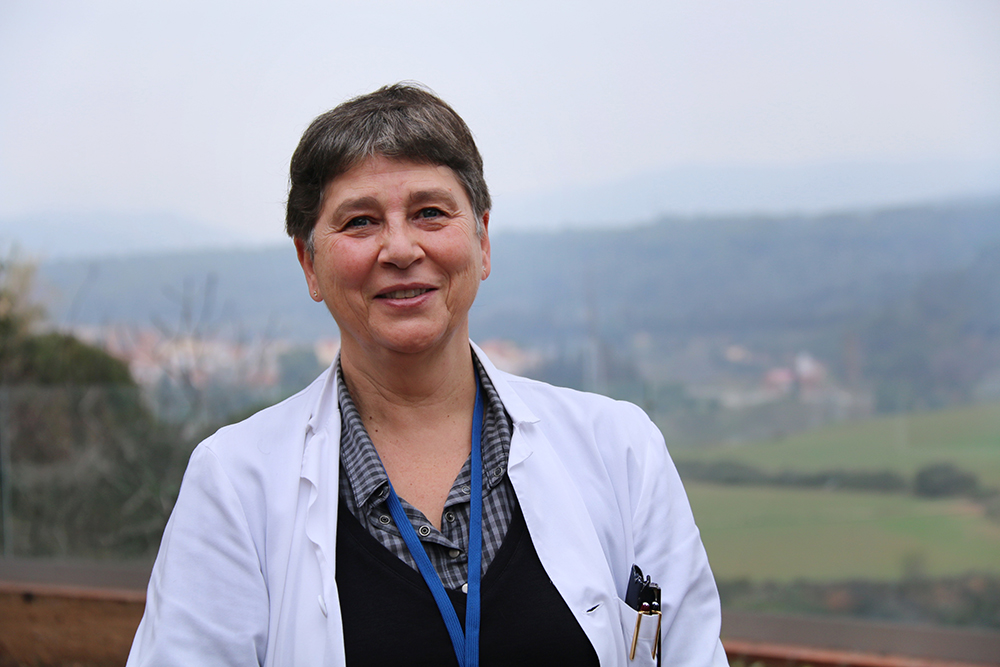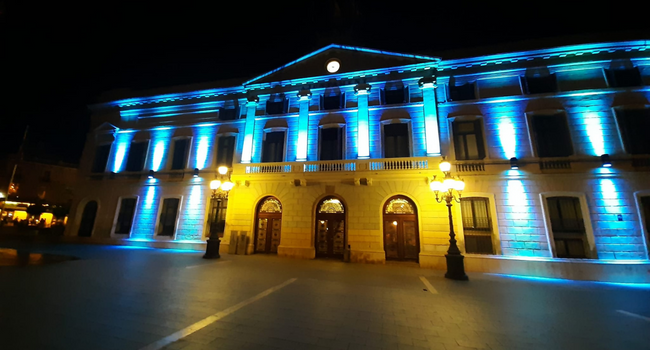
Parc Taulí participates in an international trial to improve the symptoms of patients with Angelman syndrome
- Post Tags:
- essay
- Angelman syndrome
- Posted In:
- News
- No Comments
The Parc Taulí Paediatrics Service has been participating, since last August, in an international clinical trial that aims to reverse the expression of the genetic defect of children with Angelman syndrome, which could lead to an important improvement in the symptomatology of patients diagnosed with this minority disease. This is a project promoted by the pharmaceutical company F. Hoffman-La Roche, which will have about 60 patients from all over the world, including 3 patients from Parc Taulí, with the intention of incorporating ne 3 more over the next few months.
Angelman Syndrome is one of the minority diseases in which the Parc Taulí Pediatric Service is an expert and statewide unit. It is a neurological disorder of genetic origin, which in most cases is diagnosed between 12 and 36 months. It is associated with intellectual disability, movement problems, coordination and balance, and seizures, among others.
These manifestations are the consequence of a defect in the UB3A gene inherited from the mother, which produces a protein called ubiquitin, very important for the neurodevelopment, maturation and maintenance of neuronal balance. It is the case that, naturally, this same gene inherited from the father is ‘silenced’ in the brain, and does not produce this protein. And this is the circumstance that different lines of research take advantage of to find the cure for Angelman Syndrome, like the one in this essay.
"At the moment we still can't change the defective gene, but we do have the challenge of activating this healthy UB3A gene from the father, which is naturally 'silenced', in order to produce the protein that the gene inherited from the mother cannot manufacture because it is defective ”, explain the researchers in this trial Ana Roche and Ana María Pérez, who are part of the Rare Diseases Research Group of the Parc Taulí Research and Innovation Institute (I3PT).
The director of the Pediatric Service and coordinator of the Rare Diseases Unit of Parc Taulí, Dra. Pepi Rivera, emphasizes that this is a trial “that is very important, because it would allow us to introduce early treatments and, thus, avoid the symptoms that develop in the first years of life. And, surely, also to improve the clinic of those patients who already have a little more age ”. Although it is still in phase 1 (security validation), in Parc Taulí there is a lot of excitement and hope placed in its results.
Currently, the Rare Diseases Unit of Parc Taulí treats about 2.000 patients with different diseases and conditions. Parc Taulí is a Unit of Clinical Expertise (UEC) in genetic-based cognitive-behavioral diseases in pediatric age and in minority neuromuscular diseases in Catalonia. Specifically, it has Units of Expertise in Angelman Syndrome, Prader-Willi Syndrome, X-Fragile Syndrome, Sex Chromosome Abnormalities, Rett Syndrome, and Cystic Fibrosis.
Website of the Rare Diseases Unit of Parc Taulí




Leave a Reply